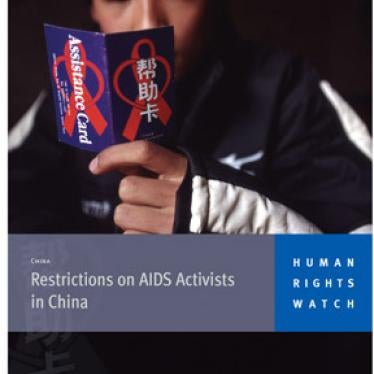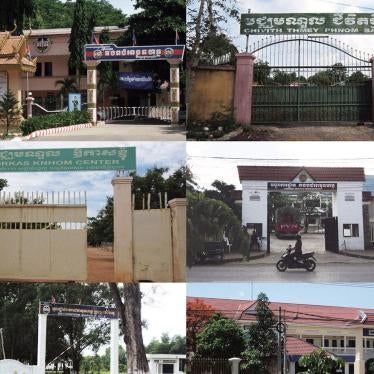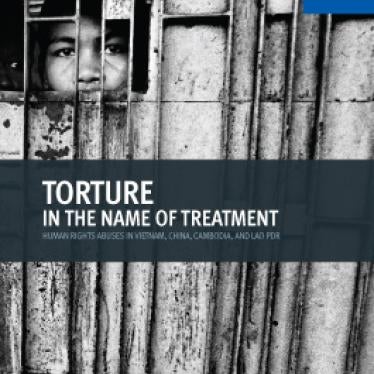In September, Premier Wen Jiabao attended a UN Aids sponsored summit on HIV/Aids. "We cannot turn a deaf ear to the call of life," he said, while announcing a China-Africa strategic partnership on health and development.
Today, on World Aids Day, we can expect similar proclamations and pledges to address HIV transmission and help those infected. Yet, within China, where millions of people are at risk or already infected with HIV, those who protest against Chinese government policies on Aids are harassed and silenced.
Take Tian Xi, for example. A 23-year-old man who contracted HIV and hepatitis as a child from a blood transfusion, Tian was arrested in August. His crime, according to officials, is that he destroyed US$600 worth of office equipment. His real crime is that for years, he has protested against the lack of compensation to the thousands of people infected by HIV from contaminated blood transfusions.
Tian has already spent three months behind bars, and prosecutors are now pushing for a sentence of three years. Chinese health advocates have expressed concerns about whether he is getting adequate medical treatment, while Amnesty International has said that he is at risk of torture.
In Henan and other central Chinese provinces, the government has gone to great lengths to cover up the scandal of illegal blood-selling and contaminated blood transfusions. The reason is simple: officials profited from the blood trade long after it became clear that HIV was spreading rapidly, and did little or nothing to stop it.
Tian's experience is a reminder of the consequences that activists on the mainland face when they insist on their rights. Beijing is baldly showing the world that eliminating vocal critics plays an outsized role in its public health strategy.
Of course, there have been some advances. Community-based methadone programmes have been scaled up, NGOs conduct outreach to men who have sex with men, and some 80,000 Chinese adults are receiving antiretroviral treatment.
But scratch the surface and here is a more complex picture. The number of adults on HIV treatment, for example, obscures the lack of treatment for opportunistic infections, like tuberculosis, which ultimately kills many people with Aids. Children affected by Aids face a bleak future of stigma and exclusion. Those at highest risk of HIV infection, including sex workers, drug users, and men who have sex with men, continue to face police abuse. More than 400,000 sex workers and drug users in detoxification and re-education centers are denied most medical care; some are forced to work 18- hour days as "rehabilitation".
In September also, China concluded that its new national human rights action plan "has been effectively implemented ... and the overall cause of human rights has been promoted in an all-round way".
The experience of many HIV activists, NGOs and people living with HIV tells a different story.
Joe Amon is the Director of the Health and Human Rights Division at Human Rights Watch.







